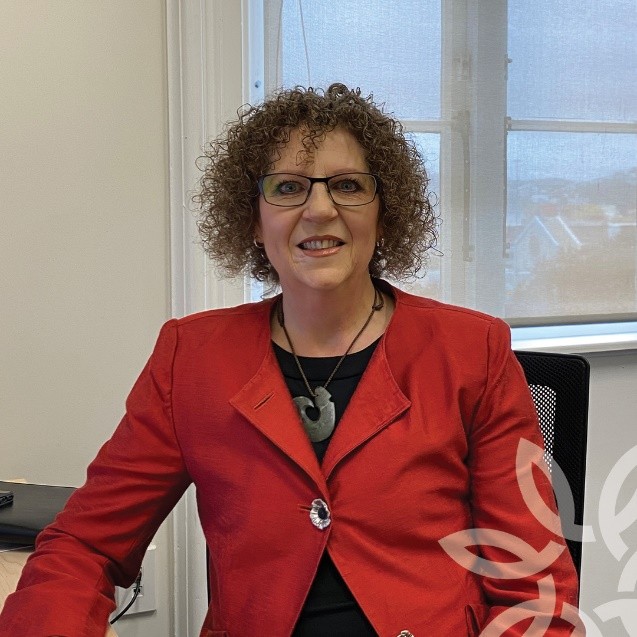
Find the right fund for you
Choosing the right fund is an important part of your KiwiSaver journey. It comes down to understanding your personal goals and your comfort with investment risk.
At Christian KiwiSaver Scheme, we believe investing is an expression of our Christian faith. We offer a values-guided way to support your financial goals while being part of a community of believers who care about where and how their savings are invested.
Our three Funds are actively managed, globally diversified, and focused on supporting our members’ investment goals without compromising Christian values.
You can invest in a single Fund or a combination of Funds. Members can change their Fund selection at any time as their needs or circumstances change. Taking time to understand your options is a valuable act of stewardship.
Actively managed with care
Christian KiwiSaver Scheme’s Funds are actively managed. This means that a dedicated investment team carefully selects, and changes when considered appropriate, the investments within each Fund, based on research, expertise, and ethical guidelines.
In contrast, passively managed funds follow a market index, regardless of changing conditions. By being actively managed, our Funds can respond to market movements, seek out new opportunities, and avoid investments that do not align with our Christian values. It’s another way we express stewardship; managing entrusted resources with expertise and care.
Each of our three Funds offers a different approach to investment, which our members can choose depending on the level of growth, income, and risk they are seeking.
Here’s a closer look at each Christian KiwiSaver Scheme Fund:
GROWTH FUND
Christian KiwiSaver Scheme’s Growth Fund is designed for people seeking long-term investment growth and who are comfortable with greater short-term ups and downs.
This Fund invests around 75% of its assets into growth assets such as New Zealand and international shares, and 25% into income assets like bonds and cash.
The Growth Fund may experience more movement in value over short periods but has the potential for higher returns over the long term. It may suit people who have a longer investment timeframe and are prepared for some ups and downs along the way.
BALANCED FUND
Our Balanced Fund offers a middle-ground approach, with balanced exposures to growth and income assets.
It invests approximately 50% in growth assets and 50% in income assets.
This balanced mix means the Fund still has the opportunity for growth but with less volatility than the Growth Fund. It may appeal to people with a medium to long-term investment outlook who are seeking medium returns and a medium degree of risk.
INCOME FUND
Christian KiwiSaver Scheme’s Income Fund focuses on providing modest returns, compared to the Balanced and Growth Funds, through investing solely in income assets.
It invests 100% of its assets in fixed interest investments such as bonds and cash. It does not invest in growth assets like shares.
The Income Fund may experience smaller fluctuations in value compared to the Growth or Balanced Funds. It may suit people who prefer a lower-risk approach, including those nearing retirement or already retired who are focused on preserving their savings.
Understanding your risk appetite
Everyone’s financial journey is different, and no one Fund suits all people. If you would like help understanding your comfort with investment risk, we recommend using the Investor Profiler tool from Sorted.org.nz – It can help you reflect on your goals, your investment timeframe, and your tolerance for ups and downs in value. You can also speak to a financial adviser for personal advice, or contact our member services team for general information.
Investing with purpose and faith
When you join Christian KiwiSaver Scheme, you are becoming part of a community of believers who see saving and investing as an extension of their Christian faith.
Our approach is guided by principles of stewardship, ethical responsibility, and faith in action. Just as we express our devotion through prayer, service, and everyday choices, entrusting our savings to Christian KiwiSaver Scheme is another way to give witness to being a Christian.
As Colossians 3:17 encourages us:
“And whatever you do, whether in word or deed, do it all in the name of the Lord Jesus, giving thanks to God the Father through him.”
Together, we are building a community that believes in making careful, values-aligned decisions about where and how we invest.
Christian KiwiSaver Scheme is managed and issued by The New Zealand Anglican Church Pension Board (trading as Anglican Financial Care). The Product Disclosure Statement can be found here Documents | Christian KiwiSaver Scheme.











